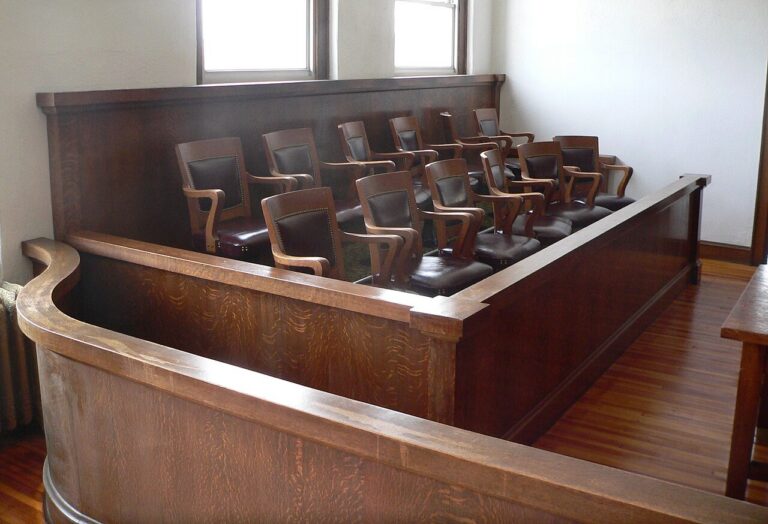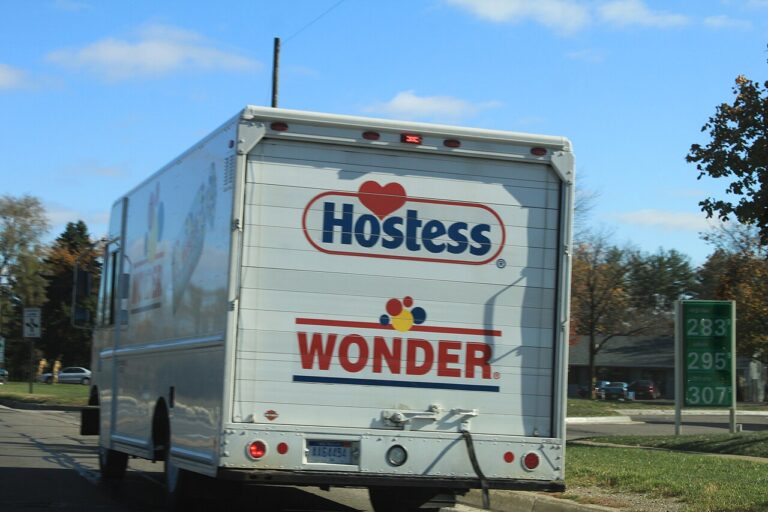Melissa Greenberg is a student at Harvard Law School.
This post is part of OnLabor’s continuing analysis of National Labor Relations Board v. Murphy Oil USA.
In the lead up to the Supreme Court’s oral arguments on October 2, 2017 in the consolidated cases of Murphy Oil USA, Epic Systems, and Ernst and Young, the Economic Policy Institute published a paper examining the prevalence of arbitration agreements among America’s workers. The report is available in full here. The report examines the rise of these agreements following the Supreme Court’s 1991 decision in Gilmer v. Interstate/Johnson Lane Corp., which held that the Federal Arbitration Act applied to employment agreements. The report calculates that more than 60 million workers in nonunion workplaces have mandatory arbitration agreements. Approximately 30 percent of employers with these types of agreements also have class action waiver provisions. These statistics highlight the high stakes for workers in the outcome of these cases before the Court.
Scotusblog reports that Paul Clement, who is currently at Kirkland Ellis and previously served as solicitor general, will argue the case for the employers in the consolidated cases. He will split his time with the Solicitor General’s office. Counsel for the parties representing the employees will split their argument time with the National Labor Relations Board.










Daily News & Commentary
Start your day with our roundup of the latest labor developments. See all
February 13
Sex workers in Nevada fight to become the nation’s first to unionize; industry groups push NLRB to establish a more business-friendly test for independent contractor status; and UFCW launches an anti-AI price setting in grocery store campaign.
February 12
Teamsters sue UPS over buyout program; flight attendants and pilots call for leadership change at American Airlines; and Argentina considers major labor reforms despite forceful opposition.
February 11
Hollywood begins negotiations for a new labor agreement with writers and actors; the EEOC launches an investigation into Nike’s DEI programs and potential discrimination against white workers; and Mayor Mamdani circulates a memo regarding the city’s Economic Development Corporation.
February 10
San Francisco teachers walk out; NLRB reverses course on SpaceX; NYC nurses secure tentative agreements.
February 9
FTC argues DEI is anticompetitive collusion, Supreme Court may decide scope of exception to forced arbitration, NJ pauses ABC test rule.
February 8
The Second Circuit rejects a constitutional challenge to the NLRB, pharmacy and lab technicians join a California healthcare strike, and the EEOC defends a single better-paid worker standard in Equal Pay Act suits.